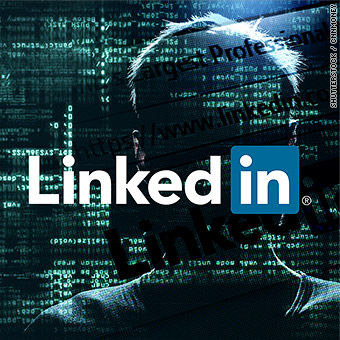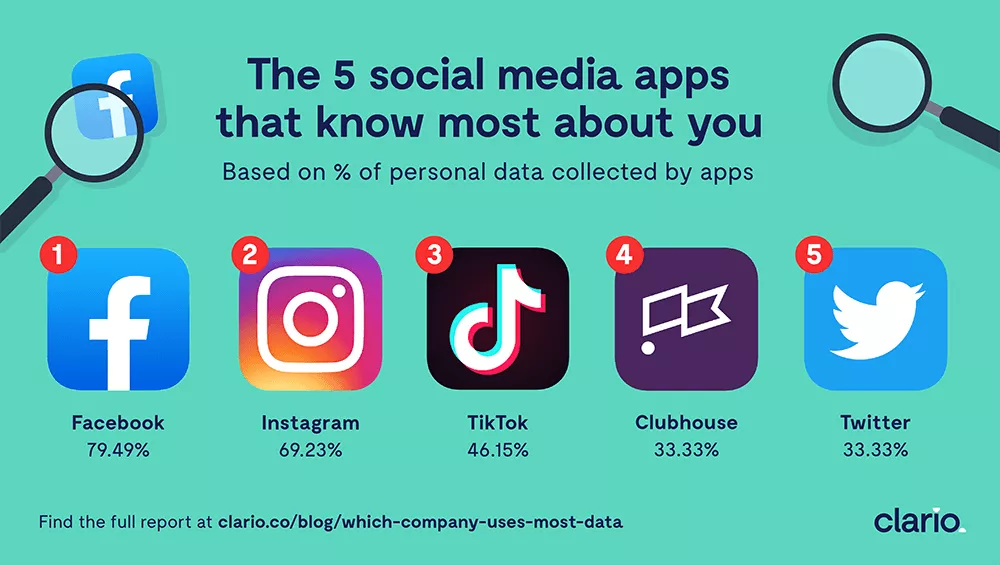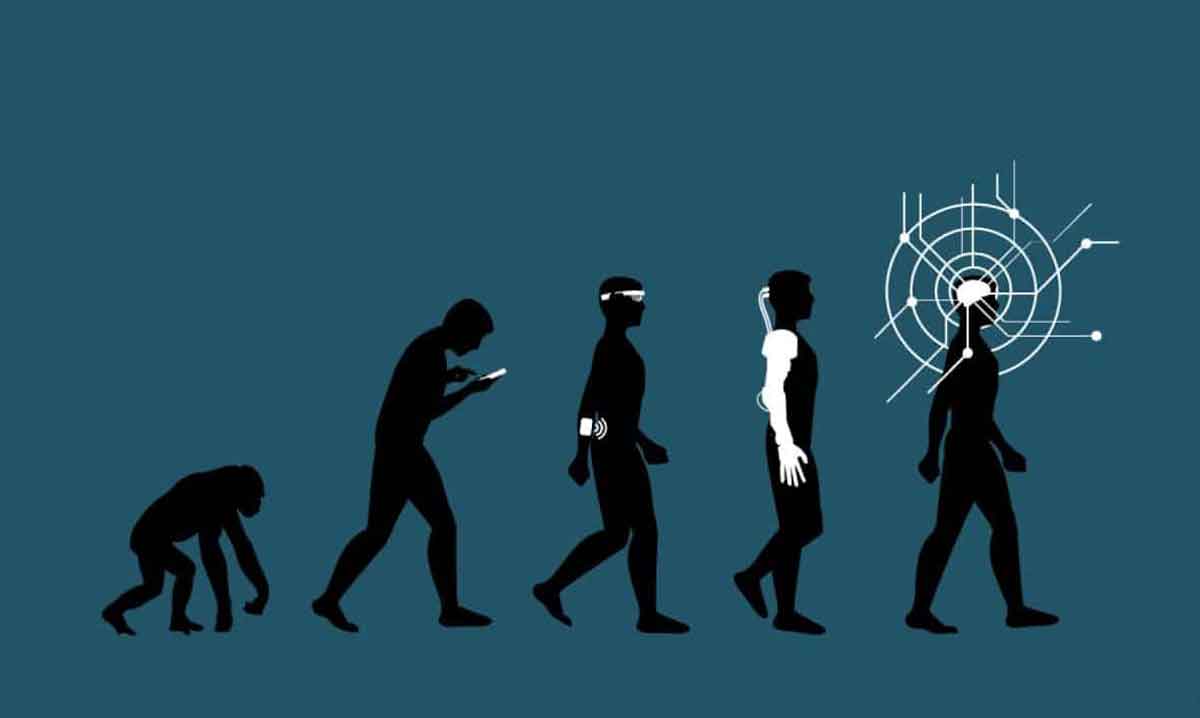No one knows us better, most of mankind couldn't function without it, we trust it with our most personal information. This type of diction might indicate that I am speaking of a person, however, the "thing" we are discussing is the internet. The World Wide Web has been in use since the early 90's but the idea of keeping an "identity score" has been around since the time of the second world war. The idea that we as humans are being tracked for our every move, our every search, for the places we visit, and the ones we love. Online privacy has come under scrutiny over the past decade for its lack of transparency in the ways the devices, apps, and browsers we trust have collected data points on its users. These services have been collecting pieces to a puzzle about our lives and now know our personalities, families, and goals for the future.
On individual and societal levels these safety concerns affect all aspects of the community chain. Several decades ago, internet security was not a problem because it was never as heavily intertwined into our lives, as it is today. The issue was primarily furthered by the invention of Apples iPhone in 2007. This marked the start of the pocket supper computer. Since most of society today uses their smartphone for every aspect of their lives, it allows the devices services to create a permanent tattoo of the person you are. When society is trusting sensitive personal information with site operators, the need for strict internet security is ever more crucial. In June of 2021, the professional networking giant LinkedIn was scraped for its personal identifiable data by hacker with the screen name "God User". This individual posted 90% of the platform's user base on a dark web forum. The personal identifiable information exposed included phone numbers, emails, geolocation records, and genders. This breach gave additional hackers a tremendous amount of data to pull from in order to conduct additional fraudulent acts. LinkedIn was not alone; these types of data breaches have happened to almost all social and professional services. This means hundreds of millions of U.S. residents are affected by internet hackers, data breaches, and lack of proper storage of personal information on the web each year.
With so many data related issues compromising the security of the users each year, the call for sweeping changes to internet privacy regulations have never been louder. Citizens around the world are calling for tech companies to not store or better safeguard the information generated by each user so that no data breach can inflect such serious harm. Such changes will require governmental action to take shape as laws must be passed in order for the most powerful and cunning organizations to comply. While this type of affirmative action will take time, we, as the user do have the capability to protect parts of our digital lives. One simple step each individual can take is to "reject the cookies" on each website they visit. This click of a button will prevent websites and apps from placing small pieces of malware, on your device and tracking your movements across browsing tabs.
While nothing will keep all of your personal data safe on the internet until companies are forbidden from storing it. The diligence in attempting to protect yourself goes a long way in your personal fight for internet welfare.
















